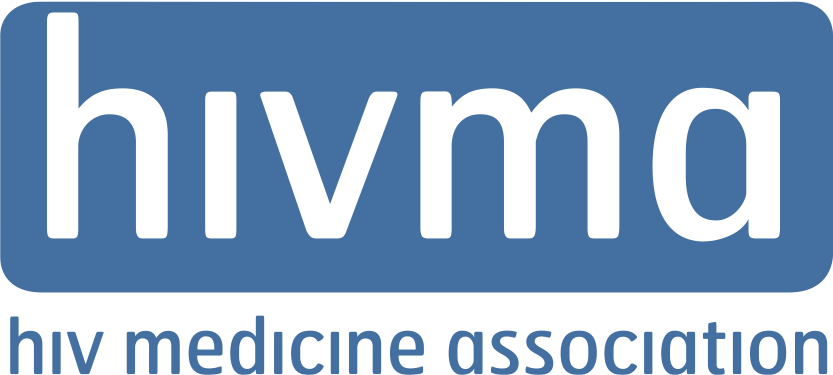News Release
House Appropriations Committee Fiscal Year 2021 Labor Health and Human Services Funding Bill Recognizes New and Ongoing Health Threats, With Some Gaps
The House Labor Health and Human Services funding bill for fiscal year 2021 passed in committee this week reflects recognition of the crisis presented by the COVID-19 pandemic, and of the importance of limiting its impacts. Providing an increase of $1.5 billion above the 2020 level and $11.1 billion above the president's 2021 budget request for the Department of Health and Human Services, allocations in the bill also reflect continued support for the federal Ending the HIV Epidemic initiative and its strategies to expand access to HIV testing, prevention, care and treatment and more quickly identify and respond to clusters of new cases.
The bill allocates funding for the Ending the HIV Epidemic initiative that includes:
- An increase of $10 million above the FY 2020 level, to support the Centers for Disease Control and Prevention role in the EHE initiative (the funding is, however, $221 million below the president’s 2021 request).
- $65 million in Health Centers funding for the EHE Initiative to increase the use of PrEP among people at high risk for HIV transmission, a $15 million increase from FY 2020 enacted level, (this funding is, however, $72 million below the president’s 2021 request).
- $95 million for the Ryan White HIV/AIDS program's component of the EHE Initiative to increase linkage, engagement, and retention in care with the goal of increasing viral suppression among people living with HIV – $25 million above the 2020 level (but $70 million below the FY 2021 president’s request for the initiative).
In addition, $47 billion in funding for the National Institutes of Health, an overall increase of $5.5 billion above the FY 2020 enacted level with an additional $37 million in funding the NIH office of AIDS Research. In addition the bill includes a $10 million increase for the Centers for AIDS Research at the National Institute of Allergy and Infectious Diseases
Encouraginly, the bill also adds critical resources to the CDC with an additional $7 million above the 2020 level, for REACH – Racial and Ethnic Approach to Community Health -- the only federal program addressing the nation's racial and ethnic health disparities, and $23 million, an increase of $2 million, for Good Health and Wellness in Indian Country at the CDC.
At the same time, however, the $1.288 billion in funding for CDC's National Center for HIV/AIDS, Viral Hepatitis, STD and TB Prevention, an increase in $14 million the 2020 levels, includes flat funding for responses to illnesses linked to HIV, with $39 million in funding for viral hepatitis and $135 million for TB elimination. The $162 million in funding for sexually transmitted disease prevention represents just a $2 million increase from the 2020 level. Given the harmful synergy of these infections with HIV, this funding should be increased.
Additionally, aside from funding dedicated to the EHE initiative, the allocation for the Health Resources and Services Administration's Ryan White HIV/AIDS program was maintained at the FY 2020 level at a time when needs can be expected to increase.
The bill increases funding to respond to substance use disorders with an additional $10 million above the 2020 level for the Substance Abuse and Mental Health Services Administration, including for continued funding for opioid prevention and treatment, recovery and tribal-focused treatment efforts. The bill’s funding for SAMHSA also includes an additional $3 million increase for substance abuse prevention efforts and an increase of $2 million in Tribal Behavioral Grants to address the high incidence of substance abuse and suicide among American Indian/Alaska Native populations.
Appropriately, the bill removes the federal funding ban to purchase syringes as part of a public health campaign to provide services to individuals involved in injection drug use.
Additional significant policy responses include language encouraging the Centers For Medicare & Medicaid Services through its rulemaking to maximize access to healthcare through telehealth with equitable payment and reimbursement policies, a need that has been highlighted in the course of the COVID-19 pandemic.
Importantly, the bill also recommends that deferral for blood for men who have had sex with men in the last 12 months should be based on risk factors that might expose a potential donor to blood-borne illness and not sexual orientation.
The COVID-19 pandemic has demonstrated the critical importance of investment in public health infrastructure. In March and April, the House Labor Health and Human Services subcommittee provided a total of $279.5 billion in emergency appropriations to protect the health and safety of Americans. While the pandemic has rightfully captured our nation's attention, critical programs, including those housed at the National Institutes of Health, the Centers for Disease Control and Prevention, the Health Resources and Services Administration and Substance Abuse and Mental Health Services, require sustained and increased funding to maintain the gains achieved in recent years and ensure progress on ending HIV as an epidemic. The HIV Medicine Association will continue to highlight the importance of this funding.

